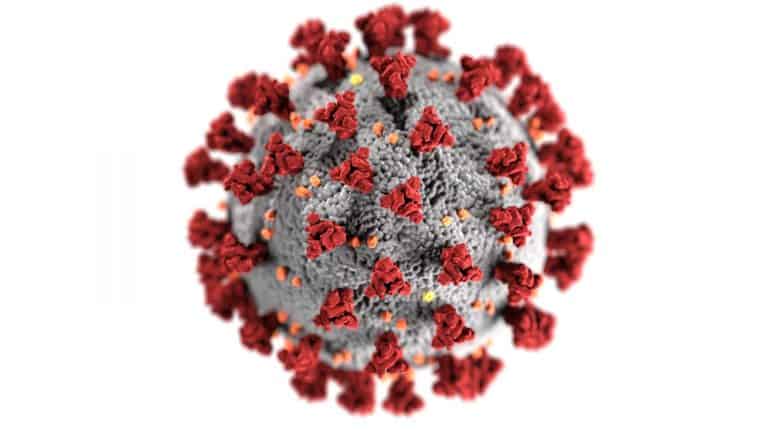Opinor releases report on COVID-19 mortality risks; different measures necessary for different age groups
The think tank Opinor released a report today on the COVID-19 mortality risks within the South African reality. Research quoted in the report indicates that different measures should apply to the various age groups and to people with underlying medical conditions. The report also points to the serious consequences that the lockdown may have in its current format in terms of malnutrition in children.
According to the report, there is a significant difference in the infection fatality rate of COVID-19 in people younger than 50 years compared to people who are 50 years and older – and (healthy) children in particular have a very low risk. It is estimated that approximately 10% of all COVID-19-related deaths will occur in the age groups younger than 50 years, whereas 90% of COVID-19-related deaths will occur in the age groups older than 50 years. “Because the COVID-19 mortality risk differs so significantly between people younger and older than 50 years, different strategies must be devised and implemented for the respective age groups. This may include that employees older than 50 years or who suffer from underlying medical conditions must in the foreseeable future work from home by harnessing technology,” says Barend Uys, CEO of Opinor.
Measures must be adapted, however, to allow community members to still visit vulnerable and older people without any physical contact taking place. “In this way, the challenges of loneliness can be eliminated, while provisions can be delivered in a safe manner to these older people without placing an additional burden on community institutions or the state,” Uys says.
Hundreds of South African children younger than 5 years die annually from malnutrition. It is estimated that approximately 37 times more of the country’s children younger than 5 years will die of malnutrition than from COVID-19. It is therefore proposed in the report that day-care centres, nursery schools and tertiary institutions be reopened (provided that measures are followed to limit infection risks) to allow feeding programmes to resume and people to work and earn an income to ensure that their children do not die of hunger.
“There are unique circumstances that apply to South Africa, and this should be considered when strategies are devised to combat COVID-19. Strategies followed in countries with circumstances and demographics different to those of South Africa can simply not be implemented locally. Local realities are determinant for the desirability, workability and eventual success of any strategy,” Uys concludes.
Read the report here.








